Since Hungary’s Viktor Orban won reelection, his behavior has called into question his democratic bona fides and his basic trustworthiness as an ally of the United States and member of the democratic Western world. Increasingly, Hungary is behaving like a rogue state, argues James Kirchick. This piece originally appeared in the Washington Post.
Most of the international criticism directed at Hungary over the past nine years has focused on domestic indicators such as the rule of law, separation of powers and press freedom. Prime Minister Viktor Orban has been remarkably blunt about his designs for Hungary, citing China, Russia and Turkey as models. After an election in April widely deemed free but not fair, he sounded a triumphal note, declaring that “the era of liberal democracy is over.”
Since Orban won reelection, however, his behavior has called into question not only his democratic bona fides, but also his basic trustworthiness as an ally of the United States and member of the democratic Western world. Increasingly, Hungary is behaving like a rogue state.
Consider the actions that Orban and his Fidesz Party government have taken in the past few weeks. Last month, at a meeting of NATO foreign ministers, the Hungarian envoy did his best to sabotage any improvement in relations between the Western alliance and Ukraine. As its excuse the Budapest government is using a recent language-law reform in Ukraine that allegedly threatens the Hungarian-speaking minority. By exploiting such a frivolous issue to obstruct NATO support for Ukraine—whose land Russia seized in the first armed territorial annexation on the European continent since World War II—Hungary is doing Moscow’s bidding.
Nor is this the first time that the Hungarians have done so. In late November, Hungary denied a U.S. request to extradite a pair of Russian arms dealers who had attempted to sell antiaircraft missiles to Mexican drug cartels. Instead of handing over the father-and-son weapons traffickers to a fellow NATO ally, Orban’s government allowed the men safe passage back to Russia.
Though Hungary formally supports European Union sanctions on Russia, Orban has been the most vociferous internal critic of the measures, frequently calling for them to be dropped. At a time when Europe has shunned Russian President Vladimir Putin for his aggression against Ukraine and manifold other abuses, the Russian leader has made multiple, friendly visits to the Hungarian capital, where Orbán has embraced him. Today Hungary is considered by some in the intelligence world to be the main conduit for Russian influence-peddling within the Western alliance. “There is tremendous concern that Russia is basically using Hungary as an intel forward operating base in NATO and the EU,” a former official at the U.S. Embassy in Budapest told Politico in 2017.
Orban shares with Putin a dark predilection ostensibly proscribed by membership in Western institutions such as the E.U. and NATO: revanchism. A century after Hungary lost two-thirds of its territory as a result of World War I, inflaming nationalist sentiment among the Hungarian diaspora living in the region remains a priority for the Hungarian right. Last summer, at the same political festival in Romania where, four years earlier, he had hailed the onset of the “illiberal state,” Orban delivered a disturbingly irredentist speech to the local Hungarian community. Repeatedly referring to the Romanian territory on which he stood by its Hungarian name, “Székely Land,” he attacked the Romanian government for allegedly saying that “Székely Land doesn’t exist” and insisted that “Székely Land will still exist when the whole of Europe has already submitted to Islam.”
Long discounted as a marginal figure on the periphery of Europe and the leader of a small country with an obscure language, Orban has emerged as one of the most consequential political figures of the 21st century. Years before Brexit, President Trump and other manifestations of national populism rose across the West, Orban was already in power, busily transforming Hungary into a one-party state and distancing it from traditional democratic allies.
Stephen K. Bannon, Trump’s former top strategist, lauds Orban as “Trump before Trump.” Only 55, Orban is a political visionary, plotting a potential post-Atlantic, post-NATO, post-E.U. future for his country. Anticipating a time when the West will be disintegrated and overrun by Muslims, he is reorienting Hungary toward the authoritarian East. “We all sense—it’s in the air—that the world is in the process of a substantial realignment,” he giddily declared during a 2017 visit that Putin made to Budapest.
Speaking in Brussels last month, Secretary of State Mike Pompeo criticized “powerful countries and actors whose ambition is to reshape the international order in [their] own illiberal image.” Pompeo was targeting American adversaries such as Russia and China, revisionist powers trying to overturn the international liberal order constructed and sustained by the United States. But his words also describe what Orban is doing within the Western alliance itself.
If Orban were a reliable ally of the United States, then perhaps his democratic backsliding could be excused. During the Cold War, the United States was willing to overlook authoritarian tendencies—even outright military dictatorships—among its NATO allies, provided they were anti-communist. Today, however, the central geopolitical struggle in Europe is no longer between capitalism and communism, but democracy and authoritarianism. And it is increasingly difficult to tell which side Viktor Orban is on.
The Brookings Institution is committed to quality, independence, and impact.
We are supported by a diverse array of funders. In line with our values and policies, each Brookings publication represents the sole views of its author(s).
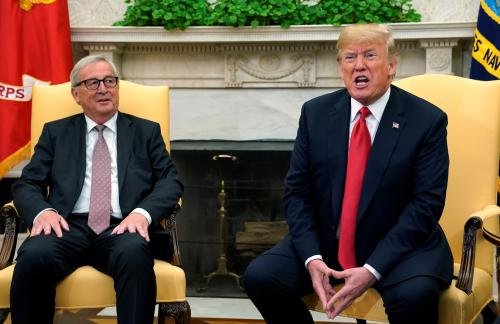
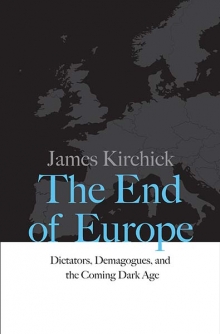


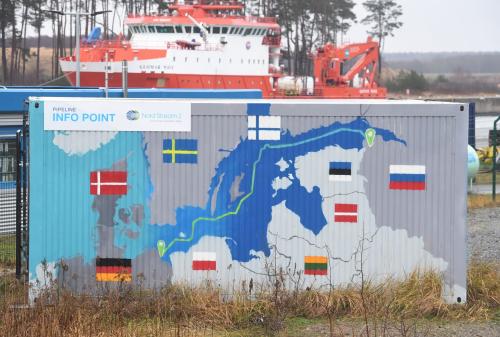
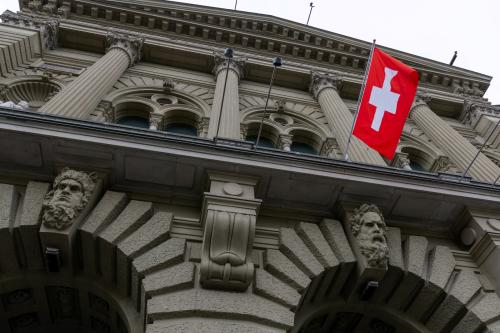
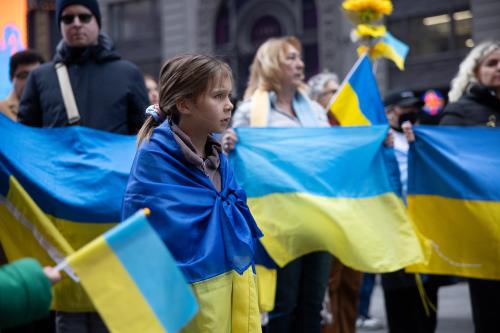
Commentary
Is Hungary becoming a rogue state in the center of Europe?
January 7, 2019